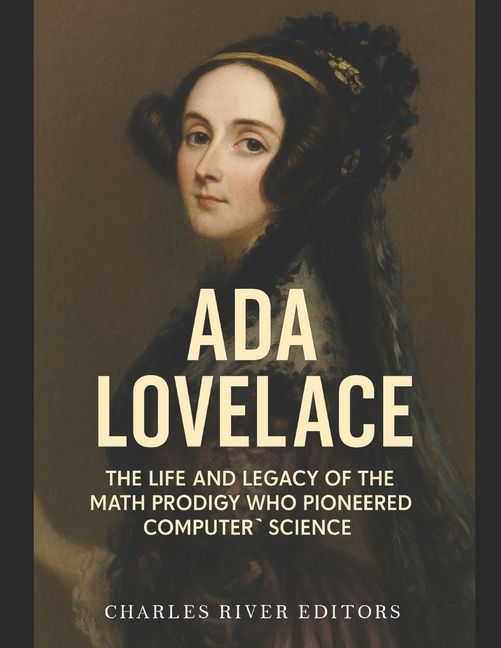Description
While many are familiar with those facts, and a recent movie revived interest in Alan Turing's achievements with computing during World War II, Charles Babbage and Ada Lovelace were the first to conceive the notion of a programmable and automatic universal computer, which, on top of its ability to calculate any mathematical equation at an unmatched speed, could also be used for a seemingly infinite number of other applications. In other words, they envisioned the precursor to the modern computer.
It was certainly an unusual path for any woman, and she managed to do so before an incredibly premature death. Augusta Ada King, Countess of Lovelace, died in 1852 at the age of 36, but during her short and tumultuous life, she was one of the first to recognize that computers could do far more than complex calculations. This was all the more surprising given that, during her life, no computers existed, and her ideas were based on an implicit understanding of the theoretical work of Charles Babbage, who himself is today recognized as the "Father of the Computer." What makes her work truly startling is that she did this more than 100 years before the first computer had even been created. But Ada Lovelace was a woman, and in Victorian England, her work was generally either ignored or disparaged - after all, Britons in the Victorian Era assumed that women weren't mentally equipped to be scientists or mathematicians. For that reason alone, it's likely inevitable that Ada received very little recognition for her work, but on top of that, she wasn't simply ahead of her time - she was so far ahead that almost no one was able to recognize the importance of what she had done until more than 100 years after her death.
Moreover, while countless others benefited from wealthy backgrounds and noble births, Ada was regarded with suspicion by her contemporaries in large part because she was the daughter of the era's most famous and controversial poet, Lord Byron, who became internationally revered, invented the notion of the anti-hero, and lived his life mired in scandal. Ada also courted scandal herself through her relaxed attitude toward extramarital affairs and love of gambling. Victorian women just weren't supposed to do these things, and, for some people, she represented a continuation of her father's rebellious attitudes.
Outside of her pioneering work, Ada Lovelace's short life wasn't a happy one. It was marred by more than one serious illness, mental health problems, and the refusal of Victorian society to take her work seriously. It was only in the mid-20th century, when computers finally became a reality, that her work was rediscovered, its prescience and insight recognized, and her contribution to the development of computer science celebrated.
Product Details
- Jun 14, 2025 Pub Date:
- 9798288018992 ISBN-10:
- 9798288018992 ISBN-13:
- English Language




